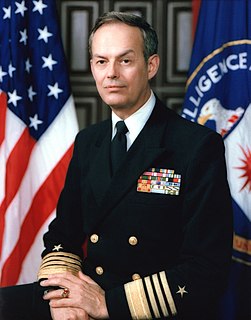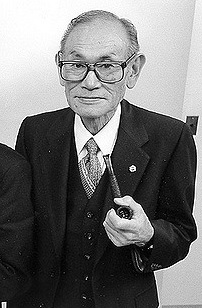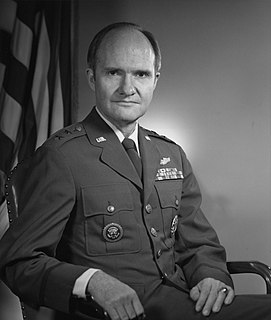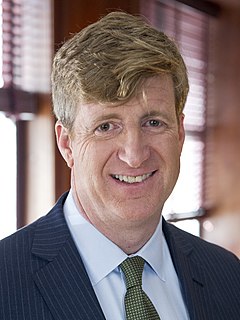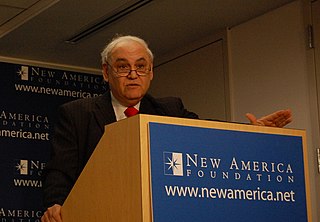A Quote by Barack Obama
Heaven forbid we've got a problem where we could have prevented a terrorist attack or apprehended someone who is engaged in dangerous activity, but we didn't do so simply because of inaction in the Senate.
Related Quotes
What is distinctive about the U.S. is that higher education is under attack not because it is failing but because it is public. It is now considered dangerous because it has the potential to function as a site where a culture of questioning can operate, the imagination can blossom, and difficult questions can be openly debated and critically engaged.
As for politics, well, it all seemed reasonable enough. When the Conservatives got in anywhere, [Judge] Pepperleigh laughed and enjoyed it, simply because it does one good to see a straight, fine, honest fight where the best man wins. When a Liberal got in, it made him mad, and he said so,-not, mind you; from any political bias, for his office forbid it,-but simply because one can't bear to see the country go absolutely to the devil.
Why do terrorist attacks that kill a handful of Europeans command infinitely more American attention than do terrorist attacks that kill far larger numbers of Arabs? A terrorist attack that kills citizens of France or Belgium elicits from the United States heartfelt expressions of sympathy and solidarity. A terrorist attack that kills Egyptians or Iraqis elicits shrugs. Why the difference? To what extent does race provide the answer to that question?









